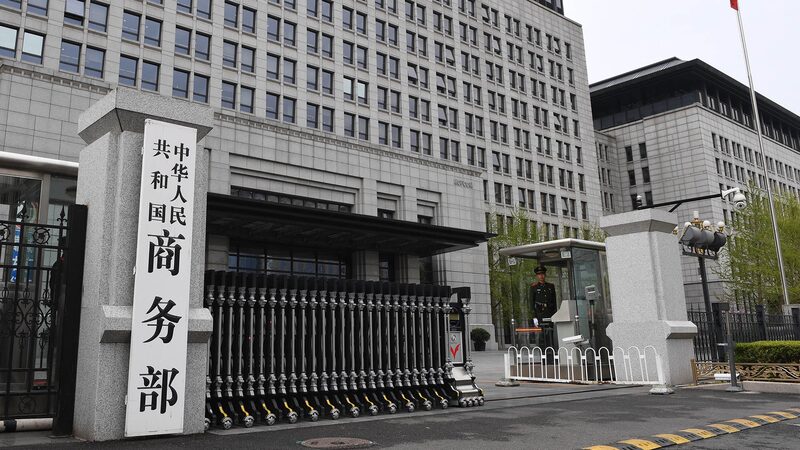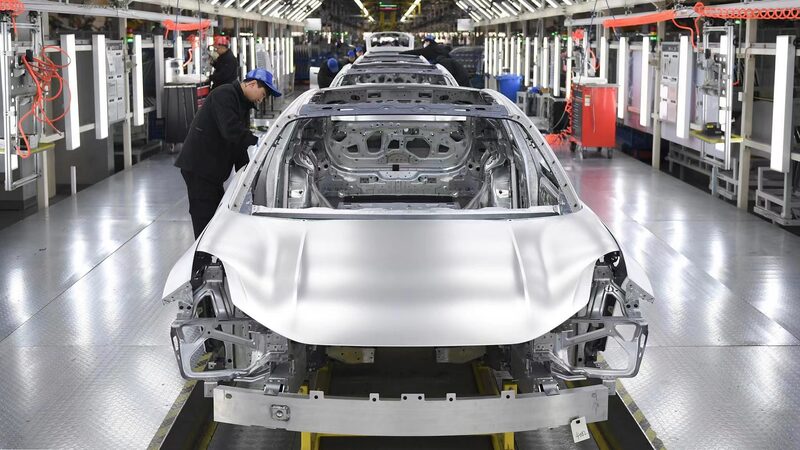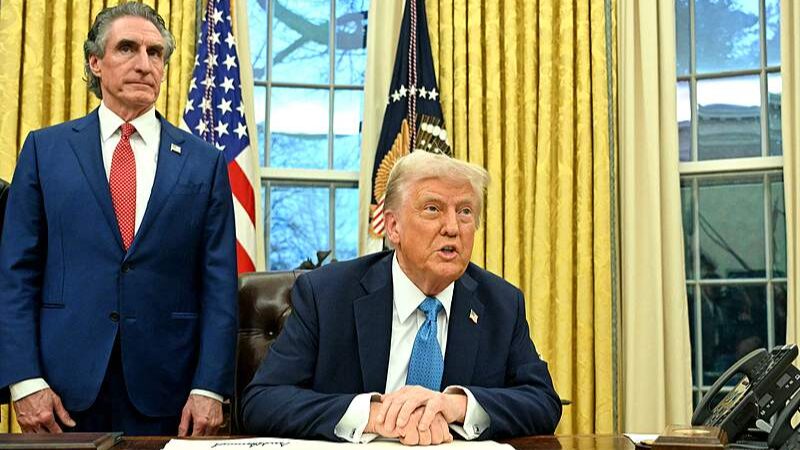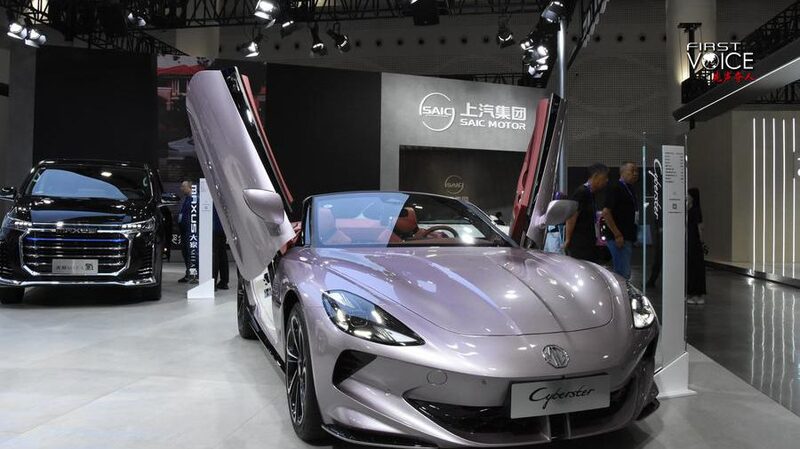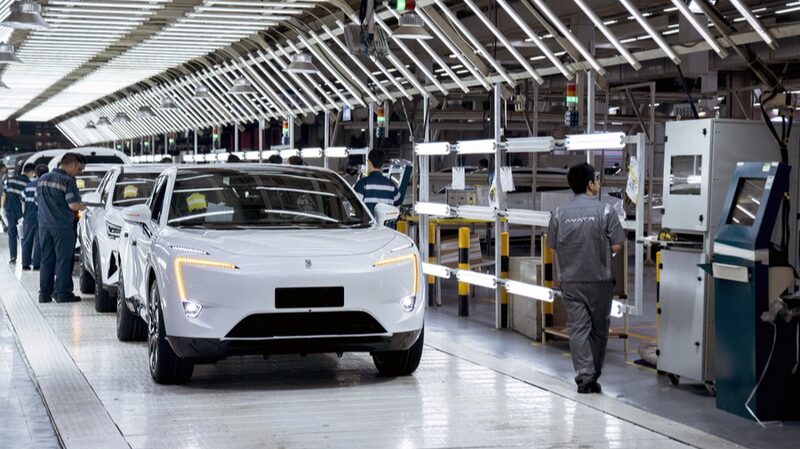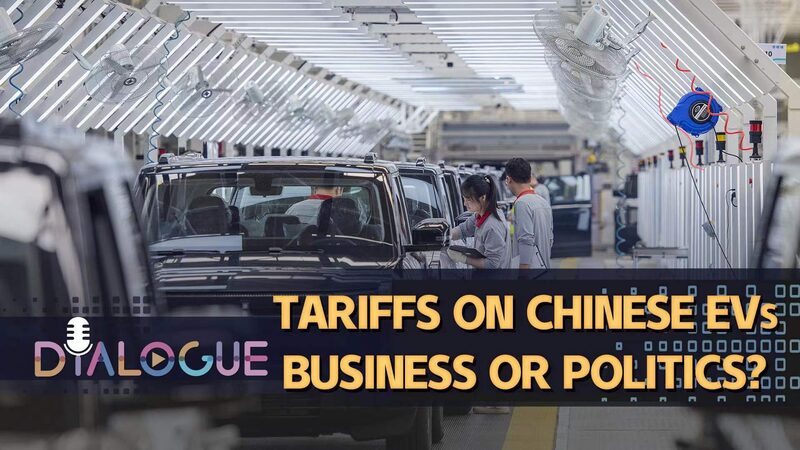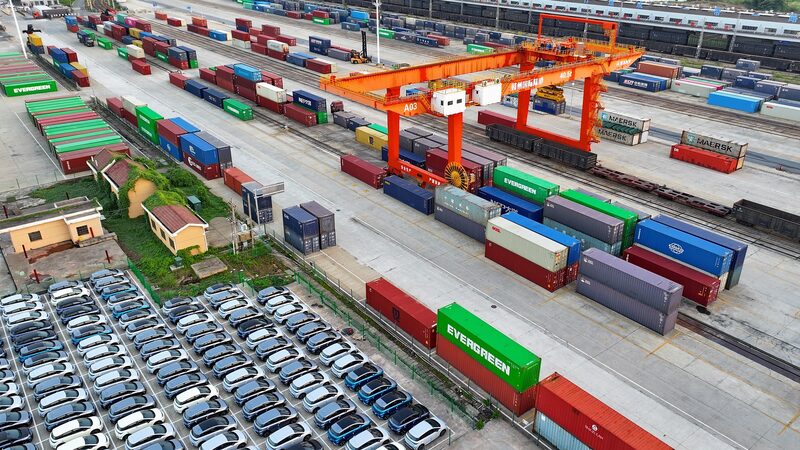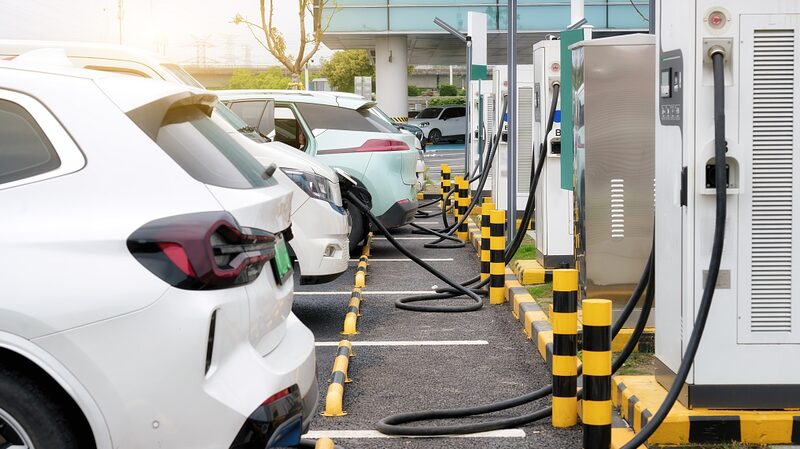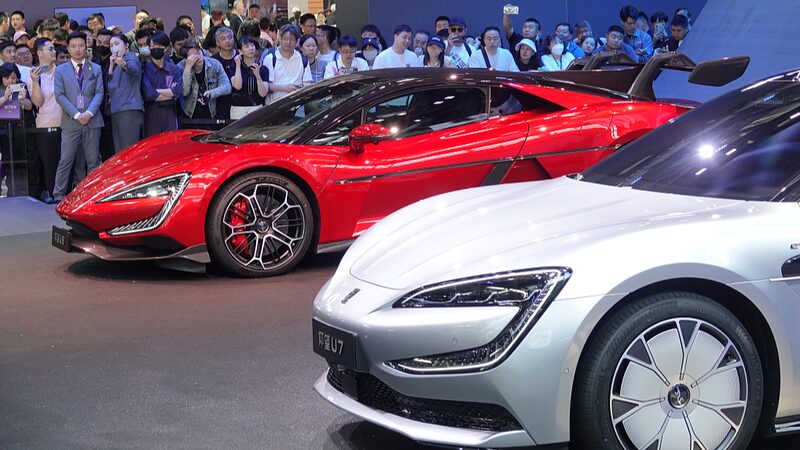China’s Commerce Ministry has voiced deep disappointment following the European Union’s decision to reject proposals aimed at averting tariffs on Chinese electric vehicles (EVs). The proposals were submitted by the China Chamber of Commerce for Import and Export of Machinery and Electronic Products (CCCME) and leading Chinese EV manufacturers.
The European Commission, which is conducting an anti-subsidy investigation into EVs built in the Chinese mainland, announced on Thursday that it had received offers from Chinese EV producers for minimum import prices. These proposals were intended to address the EU’s concerns and avoid the imposition of tariffs. However, all offers were rejected.
A spokesperson for China’s Commerce Ministry stated on Friday that the commission’s decision was made without in-depth communication and disregarded the sincerity and efforts of the Chinese EV industry. The spokesperson emphasized that working teams from China and the EU have engaged in over ten rounds of consultations since June 22, aiming to resolve the issue through dialogue and mutual understanding.
“China has shown utmost sincerity and made significant efforts to resolve the friction, fully considering the EU’s demands,” the spokesperson remarked. “The European Commission’s rejection of the proposal without detailed assessment not only undermines the confidence of the Chinese industry in continuing cooperation but also does not meet the expectations of EU member states. It contradicts the commission’s public statements expressing a desire to resolve the case through dialogue.”
The spokesperson further indicated that China will closely monitor developments and is prepared to take all necessary measures to firmly safeguard the legitimate rights and interests of Chinese companies.
The unfolding situation raises concerns about a potential escalation of trade tensions between China and the EU, particularly in the rapidly growing EV market. Industry analysts suggest that the rejection of the proposals could impact not only bilateral trade relations but also global supply chains within the automotive sector.
The EU’s anti-subsidy investigation stems from worries that Chinese EVs are benefiting from unfair financial support, allowing them to undercut prices in the European market. Chinese officials, however, assert that their EV industry’s growth is a result of innovation and competitive practices.
As both sides navigate this complex issue, stakeholders in the global automotive industry are watching closely, hoping for a resolution that supports fair competition and market stability.
Reference(s):
China disappointed at EU rejecting proposals to avoid duties on EVs
cgtn.com
